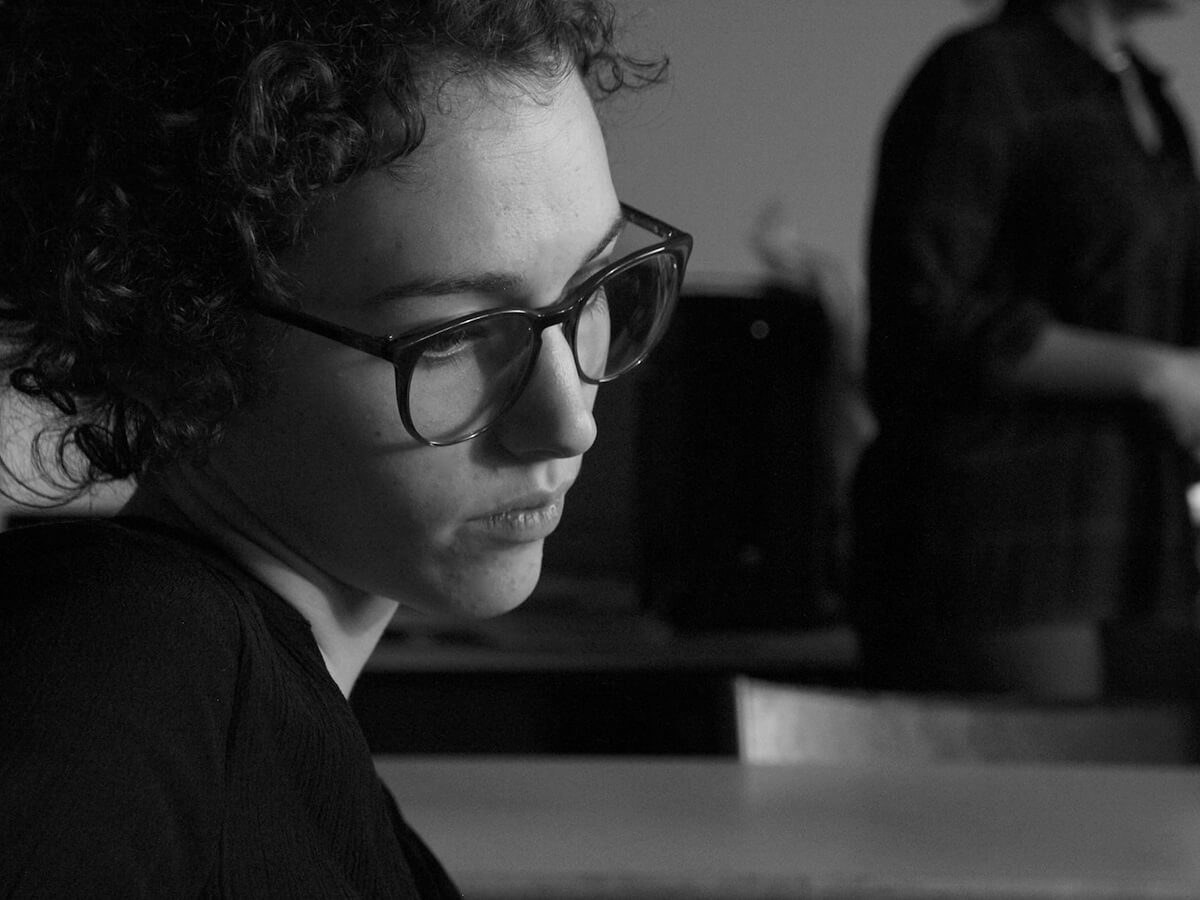Podcast: Download
Subscribe: RSS
A note from Karen Mulder: the following post comes to us from Gail, who shares her story about sexual abuse. Thank you Gail, for speaking out. Let us learn how to care for those who have been abused, and let’s also learn about what we can do to stop abuse.
Acknowledging the abuse was horrible. Admitting that my grandfather had sexually abused me meant three things: first, he didn’t love me; second, no one in my family cared enough about me to know that I was hurting or to protect me; third, I felt like a piece of litter that no one even bothered to throw in the trash. Realizing that no one really cared about me when I was a child was the most painful part of my healing process.
After hours and hours of tears, I became angry. I wanted to kill my abusers for what they had done to me. Because of them, I’d had no childhood. Because of them, I didn’t trust people. Because of them, I felt ashamed and dirty and worthless. They sinned and I got stuck with all the consequences.
After the worst of my anger was over, I began to grieve. I grieved for the little girl who was always fearful and never peaceful or relaxed. I grieved for the little girl who had no one to turn to with her pain and no one to protect her.
“I still grieve for the grown woman who cannot believe that anyone would ever really love her. I grieve for the grown woman who struggles to accept God’s love.” — Gail
Editor’s Note: For additional information, read our advice on how to care for a person who has been abused. You may also check out Wisdom of the Wounded’s Abuse/Domestic Violence Resources page.
Photo credit: emma.benhamou









0 Comments